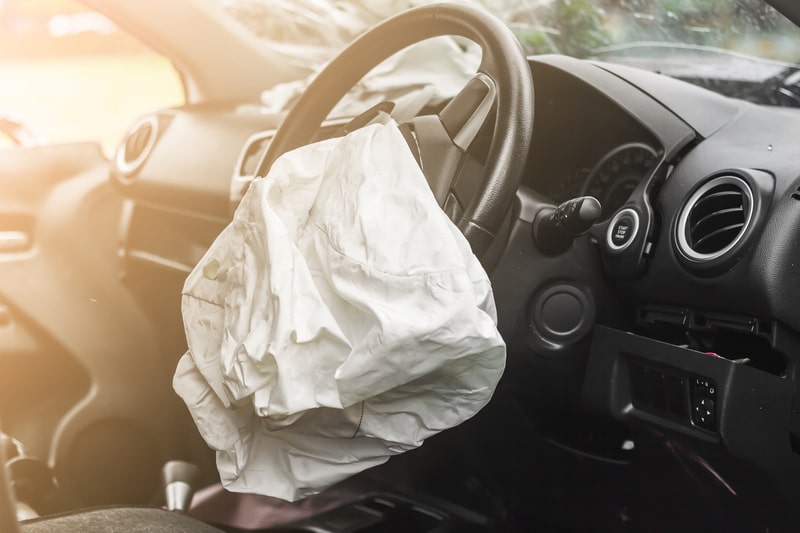
When searching for an average hit-and-run compensation amount, you may have several questions about the value of your own claim.
Due to the complexity of these cases, compensation varies widely. So, what is your case worth?
Here are some factors that affect hit-and-run accident claims and their value.
Can You Sue for a Hit-and-Run?
It depends. If the police find the driver responsible for the hit-and-run accident, you may file a lawsuit against them for any damages.
However, if they do not find out who the driver is, you may need to consider other options.
In this case, the only other option is to file a claim through your own auto insurance company. Keep in mind that this is only possible if you have uninsured/underinsured motorist coverage.
What Is the Average Settlement for a Hit-and-Run?
No matter what source claims to know the average hit-and-run settlement, chances are it is not very accurate. There are a couple different reasons for this.
First, these averages include only publicly available settlement amounts. Since there are many confidential settlements, it is nearly impossible to get an accurate average.
In addition, many averages include cases with completely different factors.
For example, a case involving a driver whom police cannot identify usually has a lower hit-and-run compensation amount than a case where the responsible driver is caught.
This greatly skews the average in one direction or another, making it less representative of the majority of cases.
The Importance of Uninsured/Underinsured Motorist Coverage
In the state of Texas, auto insurers must offer uninsured/underinsured motorist coverage (UM/UIM) to all policyholders.
Essentially, this additional coverage pays for economic losses like medical bills or property repair costs if the other driver either does not have insurance or commits a hit-and-run.
By default, insurers in Texas include this coverage with all standard policies. However, some drivers choose to opt-out in writing.
Little do they know that, without this coverage, they may not be able to recover any damages if the hit-and-run driver isn’t found.
As a reminder, the legal minimum for auto insurance is 30/60/25 coverage, which is:
- $30,000 for bodily injuries per person;
- $60,000 for bodily injuries per accident; and
- $25,000 for property damage per accident.
If you have any questions about your insurance policy and whether you have UM/UIM coverage, contact your insurer.
Even if you are pursuing a UM/UIM claim with your own insurer, it is important to have an experienced auto accident lawyer represent you.
Your insurer will evaluate a UM/UIM claim in the same way an at-fault party’s insurer would—just because it is your own insurance, it does mean the company will be more cooperative or fair in settling your claim.
You need an attorney to advocate for your interests and help you get the full compensation you deserve.
What If the Police Find the Driver Who Hit Me?
Thankfully, if the police locate the hit-and-run driver, you may file a claim against them.
This means you may pursue non-economic damages, like pain and suffering, in addition to any economic or financial losses.
Also, if the case goes to trial, the jury might consider punitive damages since the other driver acted with complete disregard for your safety.
Generally, compensation for hit-and-run victims is somewhat easier to pursue if the police find the driver.
Injured in a Hit-and-Run Accident? Call Us to Discuss Your Legal Options
Hit-and-run accidents are some of the most traumatic auto collisions out there.
Unfortunately, there are many drivers who flee the scene, leaving victims with significant losses. Sometimes, the hit-and-run compensation amount is not enough to cover these damages.
If you have been struck by a hit-and-run driver, Armstrong Lee & Baker LLP is here for you.
Call us today at 832-402-6637 or contact us online to schedule a free, no-obligation consultation.
